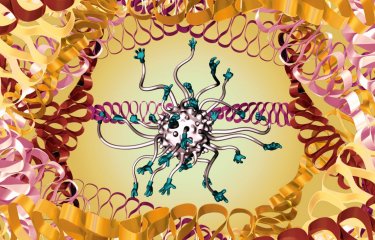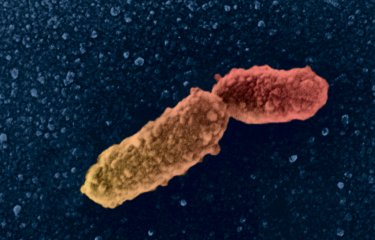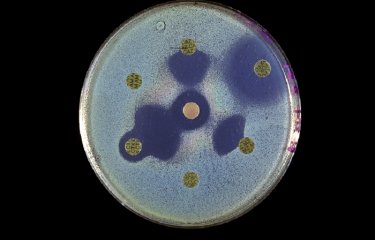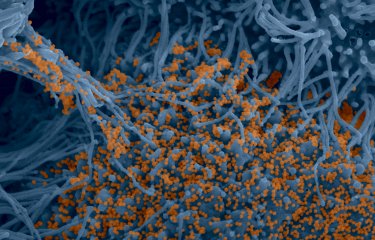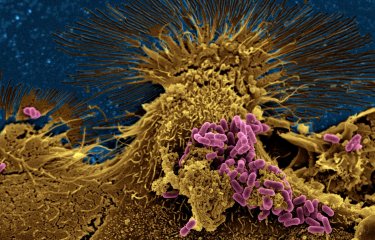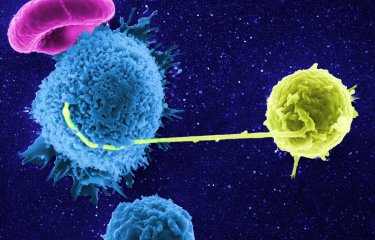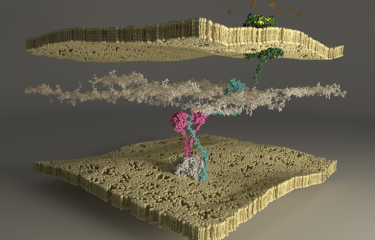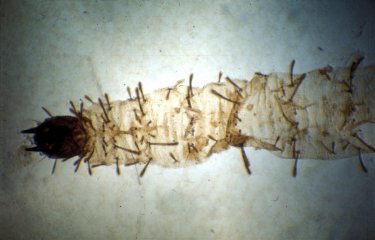sequence
News
2021.11.24
Within (nearly) all of our cells, 23 pairs of chromosomes, encapsulated in the cell nucleus, encode the workings of the body. The stability of this genetic...
News
2022.04.28
How do we track the dynamics of a disease, particularly in terms of its response to vaccines? A study published in Science Translational Medicine provides...
News
2022.07.22
Most bacterial species have a huge variety of strains, and antibiotic resistance, virulence and potential for transmissibility all vary from one to the next...
News
2022.02.01
Since the start of the pandemic, the ability to study the biology of the virus in cells and detect its presence in infected organs or patients has been...
News
2022.11.29
Bacteria are prokaryotes, meaning that they are living organisms with no nucleus. As well as the DNA that enables them to live and develop, bacteria also...
News
2022.12.19
The DNA variations that interest most scientists are very precise. A change to a single nucleotide (a DNA building block) can radically alter the nature of...
News
2023.09.05
This article is the third in a series devoted to the hopes of HIV-AIDS research, on the occasion of the 40th anniversary of the identification of the virus...
Portrait
2024.03.05
When Carla Saleh arrived in France from Argentina aged 25 as a young scientist, she didn't speak a word of French. She now leads her own research unit at the...
News
2024.02.07
Bacteria have a fundamental need for certain rare nutrients such as metals, vitamins and certain sugars. Without these nutrients, the bacterium is deficient...
News
2023.12.11
Human encephalitis is an acute inflammation of the brain associated with neurological dysfunction. It is often of infectious etiology, but the cause remains...




